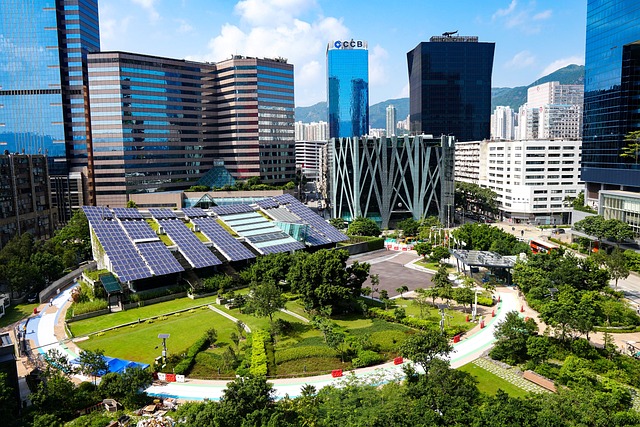Cardano’s Approach to Sustainable Blockchain Development
In recent years, blockchain technology has gained significant attention for its potential to transform various industries and promote sustainable practices. However, the environmental impact of traditional blockchain systems has raised concerns about their scalability and sustainability. Cardano, a third-generation blockchain platform, has taken a unique approach to address these challenges and is often cited as an example of a more sustainable solution.
This article aims to explore Cardano’s approach to sustainable blockchain development, highlighting the key principles, technologies, and strategies that enable this vision. By examining the project’s philosophy, architecture, and implementation, we will discuss how Cardano addresses traditional blockchain limitations and provides a more environmentally friendly alternative.
Key Principles of Sustainable Blockchain Development
Sustainable blockchain development is built on several key principles, including energy efficiency, scalability, and transparency. These principles serve as the foundation for Cardano’s approach to sustainable blockchain development, which emphasizes the importance of a decentralized, democratic, and community-driven process.
Energy Efficiency: Traditional blockchain systems rely heavily on energy-intensive proof-of-work (PoW) consensus mechanisms. In contrast, Cardano has adopted a proof-of-stake (PoS) system, which significantly reduces energy consumption while maintaining security and decentralization.
Technology Overview
CARDANO’S PLATFORM: The Cardano platform is built on top of the Ouroboros consensus algorithm, a novel consensus mechanism that ensures the network’s stability, security, and scalability. This system allows for the seamless transition from PoW to PoS, minimizing the environmental impact of energy consumption.
HYDRA IDENTITY PROTOCOL: Cardano has also developed the Hydra Identity Protocol, an advanced identity management system that enables secure and decentralized identity verification. This protocol not only enhances user privacy but also reduces the need for centralized identity databases.
Implementation Strategies
Strategic Partnerships: Cardano has established partnerships with various organizations to promote its vision of sustainable blockchain development. These collaborations enable the project to leverage expertise, resources, and networks, ultimately driving the adoption of more environmentally friendly technologies.
Education and Community Engagement: The Cardano team prioritizes education and community engagement, providing resources and training programs for developers, investors, and users. This grassroots approach ensures that a broad range of stakeholders understand the benefits of sustainable blockchain development.
Case Studies
Cardano’s approach to sustainable blockchain development has been showcased in various case studies, including its work with the University of Cambridge and the University of Surrey. These partnerships demonstrate how Cardano is working closely with academic institutions to advance the state-of-the-art in sustainable blockchain research.
Main Points Summary
The article has explored Cardano’s approach to sustainable blockchain development, highlighting key principles, technologies, and implementation strategies that enable this vision. The main points include:
- Energy efficiency through proof-of-stake (PoS) consensus mechanisms
- Sustainable platform built on top of the Ouroboros consensus algorithm
- Advanced identity management system with the Hydra Identity Protocol
- Strategic partnerships for promoting sustainable blockchain development
- Education and community engagement to drive adoption
Conclusion and Advice
In conclusion, Cardano’s approach to sustainable blockchain development offers a compelling vision for the future of decentralized technologies. By embracing energy-efficient consensus mechanisms, advanced identity protocols, and strategic partnerships, the project is working towards creating a more environmentally friendly alternative to traditional blockchain systems.
As we move forward in the world of blockchain technology, it is essential to consider the environmental impact of our actions. Cardano’s approach serves as a model for sustainable development, highlighting the importance of community-driven processes, decentralized governance, and transparent decision-making.
cardano blockchain
sustainable blockchain development
blockchain energy efficiency
